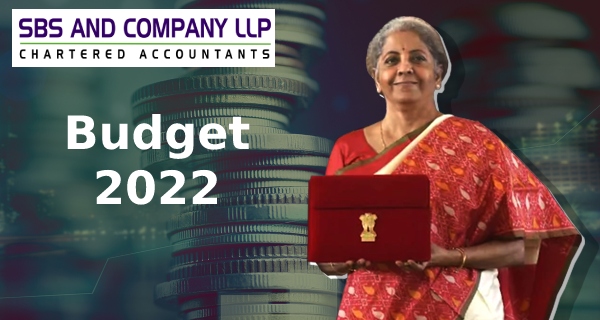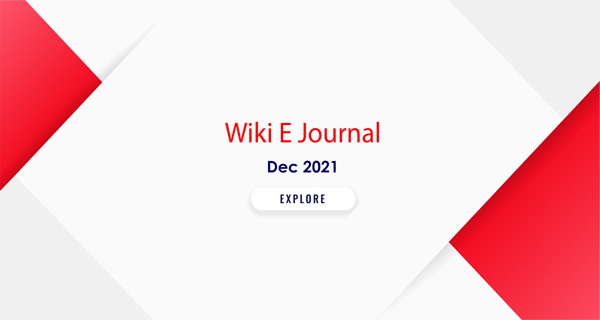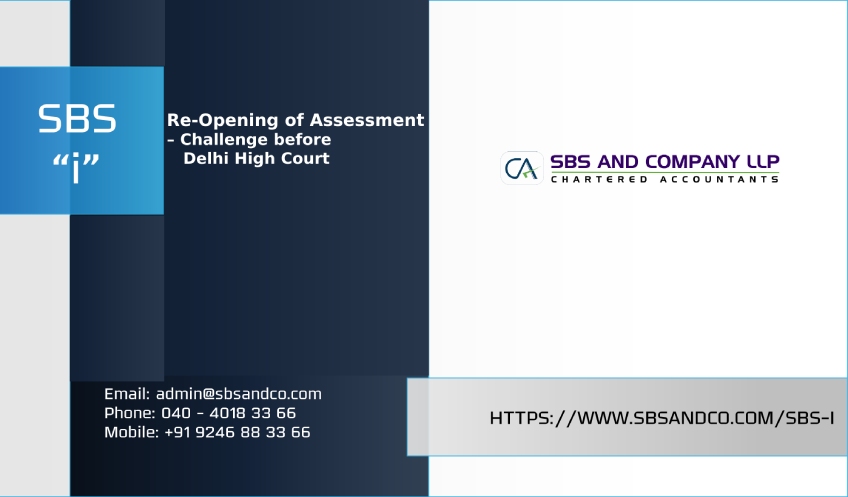In this budget edition, we discuss the various proposals segment and tax wise. Hope this effort of ours is useful for understanding the proposals. I would like to gather your attention to certain major amendments before the detailed analysis.
The changes in direct taxation are mainly focused to remove inconsistencies and rationalise the provisions. The significant amendment is the taxation on gains arising from transfer of virtual digital assets. The tax rate of 30% is huge and not allowing any set-off of losses against such gain would have a huge impact on the crypto industry. Further, the roll out of tax deduction at source for purchase of crypto currency would also create hurdles and may have a strong impact on the said industry. Having said so, there is a silver line here, that the government started recognising this class of asset. With the adequate and appropriate representations, I believe that there would be further fine tuning to these set of provisions.
The changes in GST laws are very minimal. The increase in transfer of credits through fake invoices is making the Government to further tighten the provisions dealing with availment of credit. These provisions are creating hardships to genuine taxpayers.
With this brief, I present you the detailed analysis on significant clauses on Finance Bill 2022. We wish this effort of ours is fruitful and we would love to receive feedback on this.








